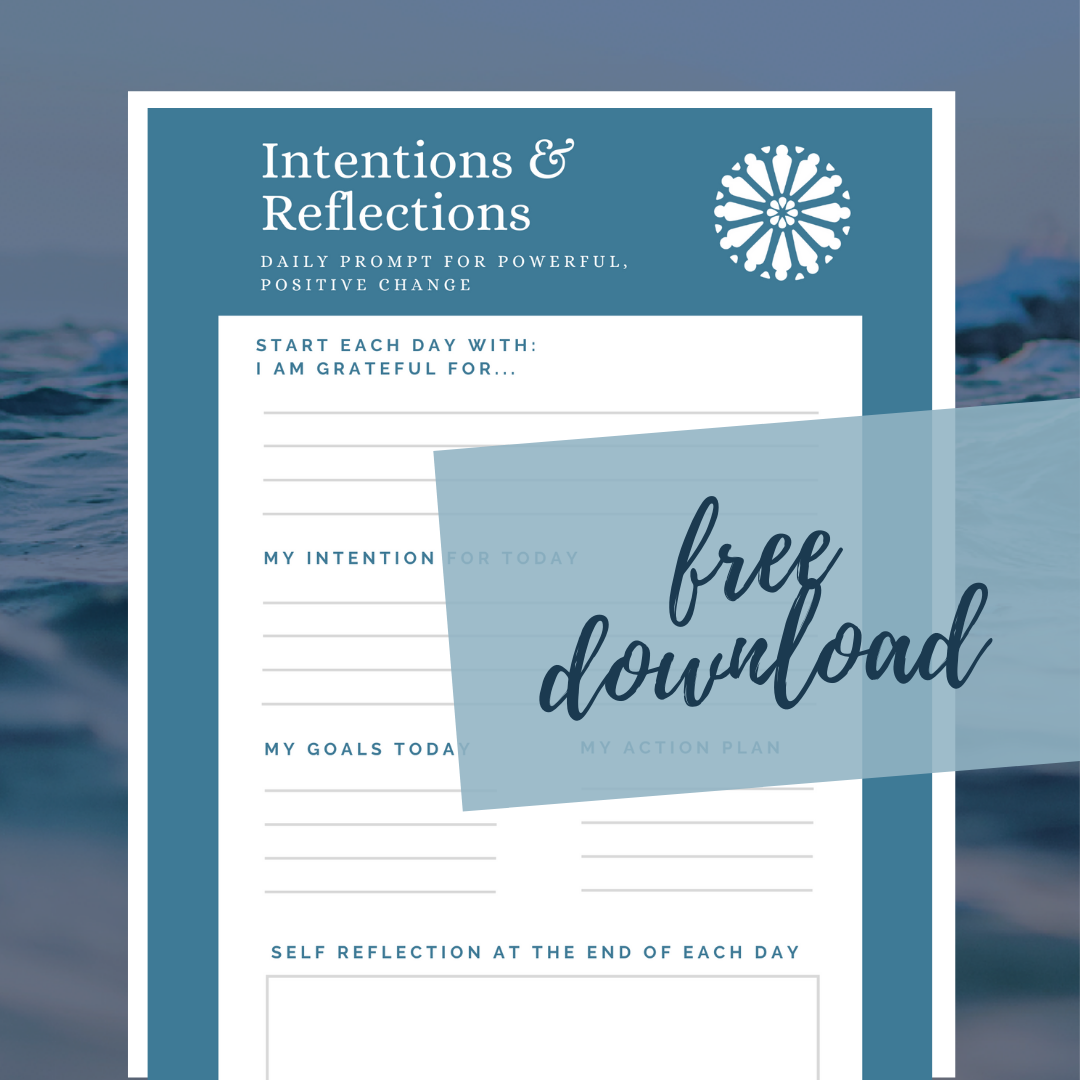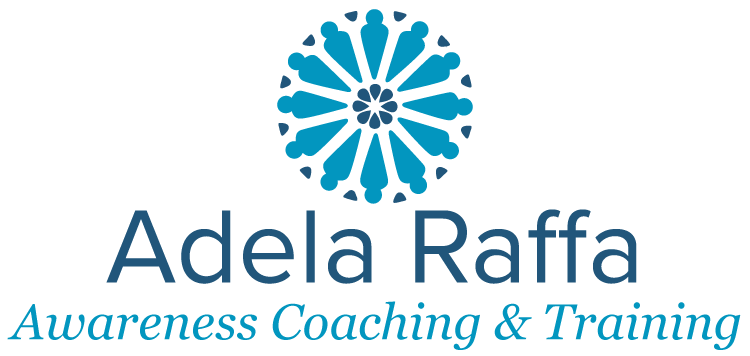About The Drama Triangle and How to Break Free

The Karpman Drama Triangle
Question: Have you heard of the Drama Triangle?
Recently, I attended a workshop where the Drama Triangle was introduced to the attendees and I wanted to share the concept with you. Chances are you’ve experienced and/or stepped in and out of a drama triangle a few times in your relationships.
So what is it? It’s a concept that was introduced by Psychologist Stephen Karpman in the late 1960’s to demonstrate how people take on dysfunctional roles in stressful, emotional or high-conflict situations. The graphic above is for visual aid.
Why it shows up: The behavior stems from a need to be perceived as ‘right’ or ‘approved’ in our minds or that of others. However, taking on any of these roles drains energy and keeps people from taking responsibility for their (often unconscious) feelings.
The drama triangle can happen in all aspects of life — at home, work, school and social events.You may find yourselves drawn to a particular role. However, the reality is that we move around the three roles, depending on circumstance. Let’s explore each role a little further:
The Victim (helpless)
takes the stance of ‘poor me’
helpless, ashamed, powerless
can’t make decisions or solve problems
dependent on others
tends to bend to the demands or requests of others
The Persecutor (bully)
argumentative and driven by anger
blames and criticizes
bossy, rigid and dominating
uses guilt to control
rarely admits to being wrong
The Rescuer (savior/ hero)
feels responsible for others
fixes other people’s problems
makes sacrifices for others
neglects personal needs
rescuing others creates a sense of being capable & needed
How do we shift from drama to empowerment in our relationships?
Look for the “exit” sign…Begin by developing more Self Awareness. Start examining any ingrained thinking patterns that you want to change and adapt or replace them. Notice your immediate reactions and put in a pause moment between the stimulus and your response. That may stop you in your tracks, buy you some time to discern and avoid sliding into the dynamics of the drama triangle.
Once you stop the game, the drama stops too. You’ll no longer ignore your own needs; give in to people even when it’s not a good idea, or always take the blame. You’ll also stop trying to fix people. Rescuers are natural caregivers and it’s a hard habit to break because heavy emotions like guilt and obligation are involved. Life beyond the Drama Triangle roles is about mastering your boundaries and having a strong sense of Self and self-worth.
Next time I’ll show you what happens when we internalize the triangle and also how to turn the triangle from drama to empowerment.
As always, I’m in your corner! To Powerful, Positive Change…Cheers!

“Adela helped me during my darkest hours, when I felt hopeless and alone. Her compassion and support helped me find strengths within myself I didn’t know existed. Her belief in me became my guiding light until I could carry it for myself.”
– Jennifer
